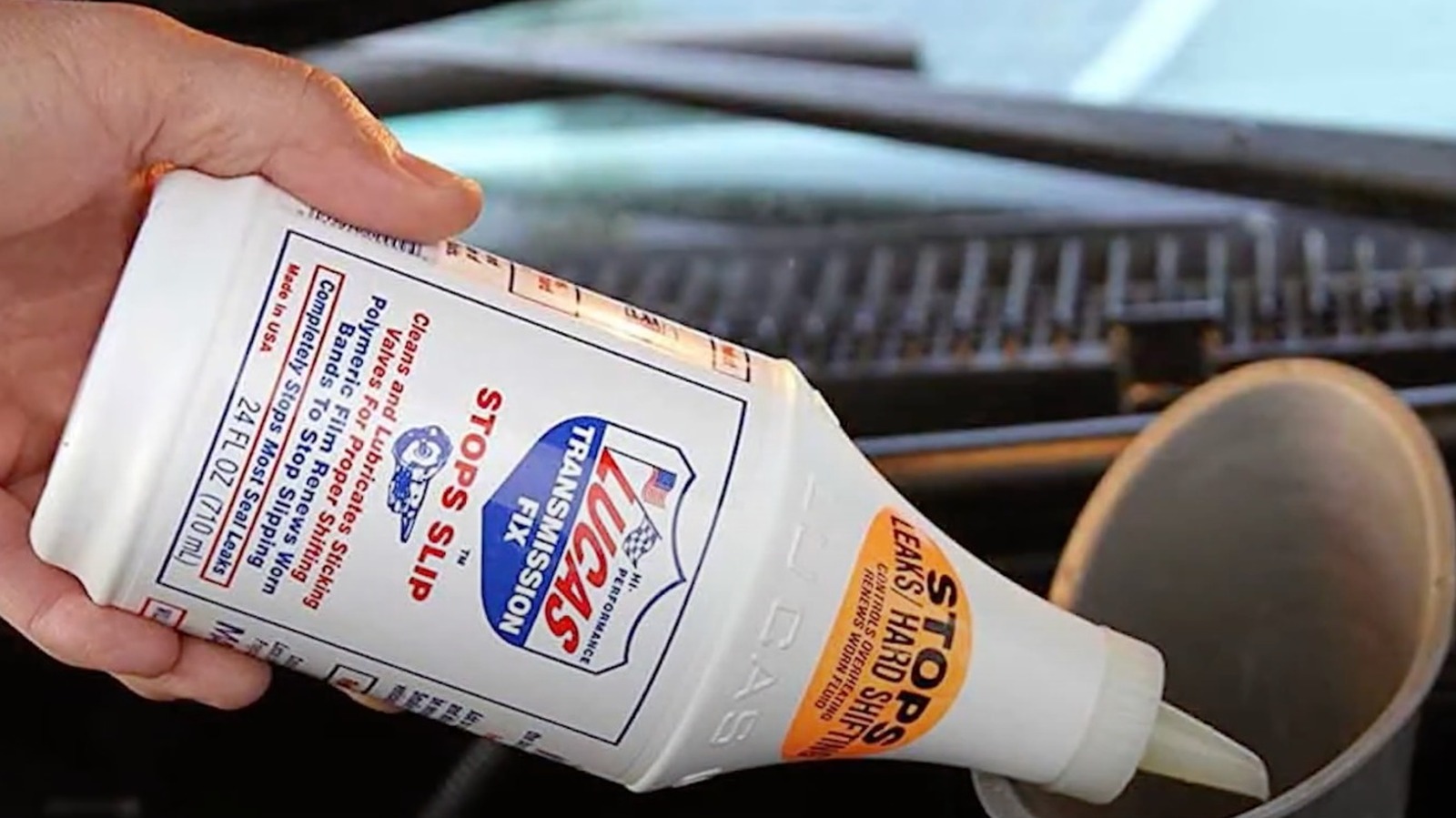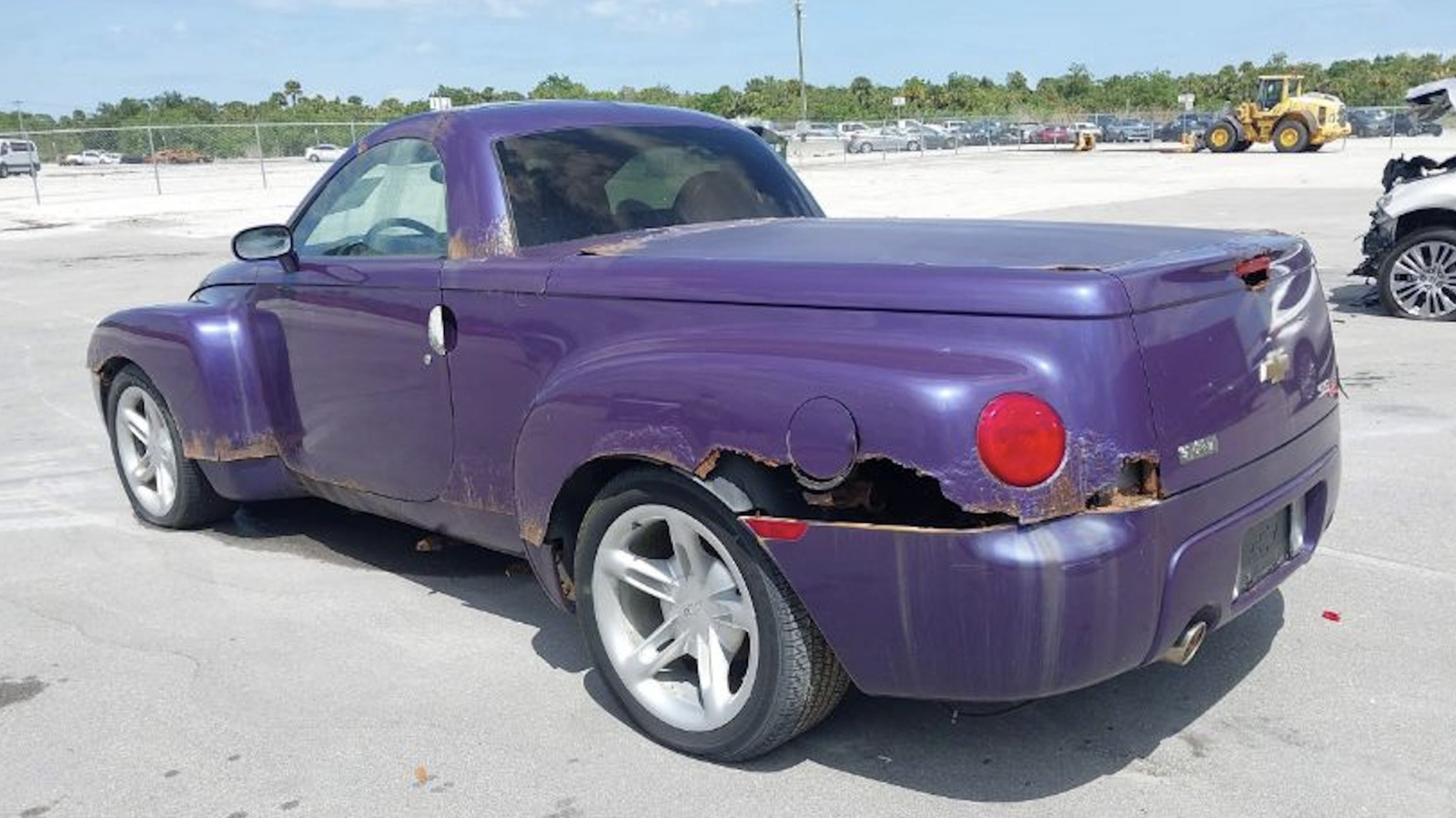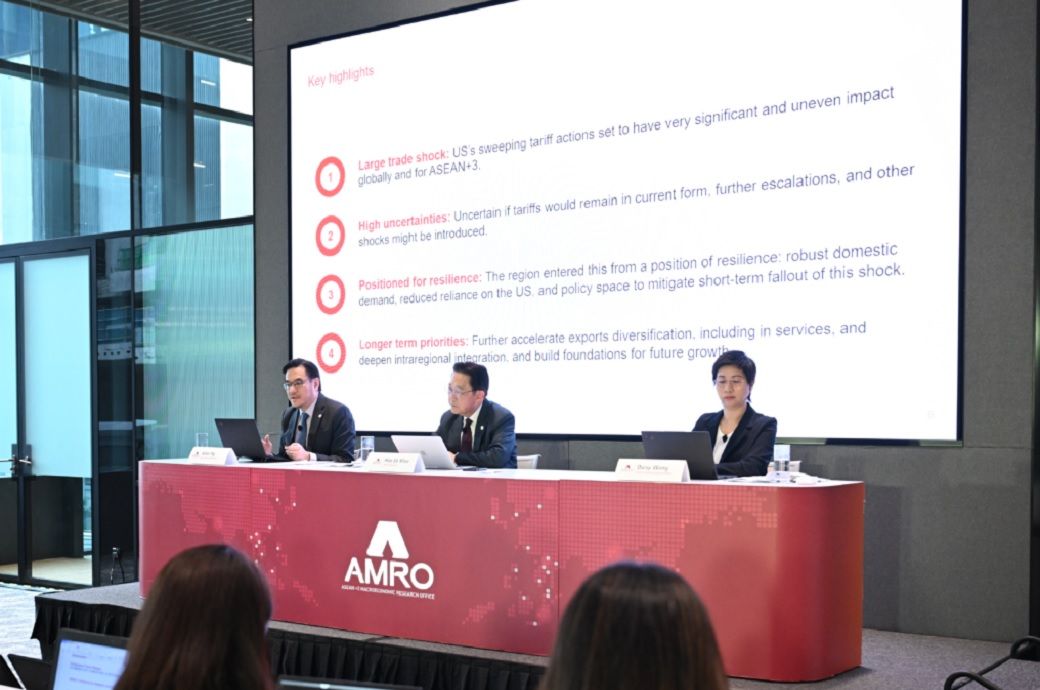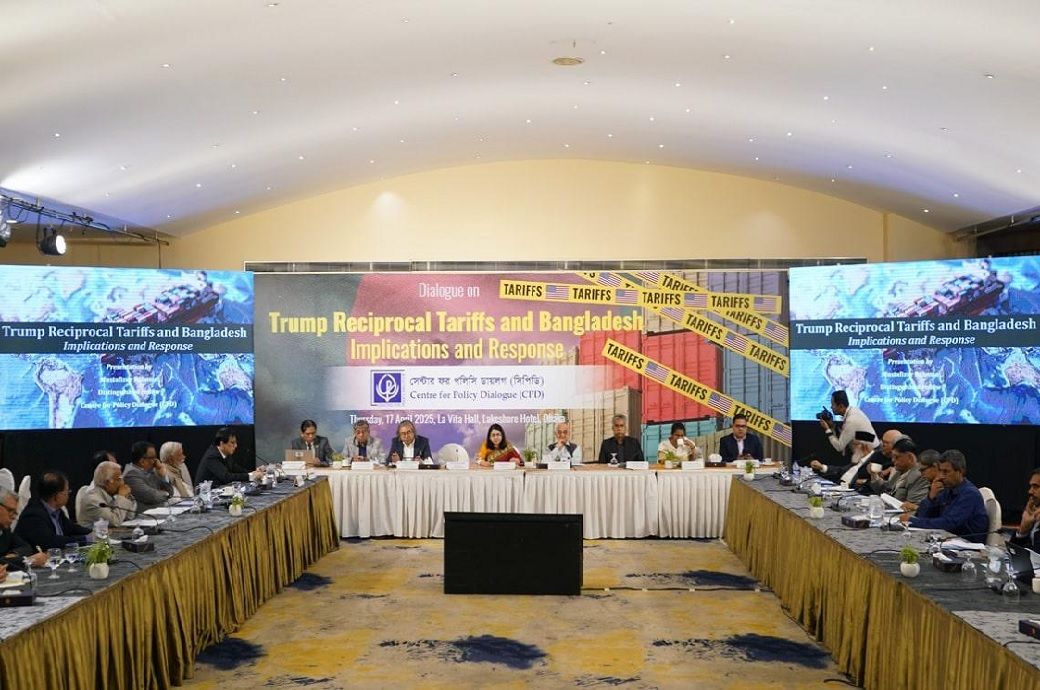XPO lawsuit against 2 ex-employees gives look into noncompete agreements
LTL carrier XPO has filed suit against two workers who had a noncompete but went to Central Transport. The post XPO lawsuit against 2 ex-employees gives look into noncompete agreements appeared first on FreightWaves.

A suit filed by less-than-truckload carrier XPO that recently moved to a federal court in North Carolina provides a window into the battle over companies’ ability to require workers to sign noncompete agreements and whether such provisions can be enforced.
The suit against two former employees was filed originally by XPO (NYSE: XPO) in January in Superior Court in Mecklenburg County, North Carolina, before being moved to the U.S. District Court for the Western District of North Carolina at the start of February.
The employees, Tess Farnan and Mark Schatteman, left their sales jobs at XPO to join LTL carrier Central Transport.
The two workers didn’t work for XPO in North Carolina; instead, they worked in the Kansas City area. But the XPO lawsuit says the suit is being filed in the Tar Heel State because the company has “extensive operations” there.
But XPO has extensive operations in all of the Lower 48 states. Why it was chosen is unclear– the company’s headquarters is in Connecticut and the employees worked in the Kansas City area– but it may be that the state’s noncompete laws were seen as favorable.
The Legal Now blog said of North Carolina’s noncompete laws that they are “unique and nuanced, governed by both statutory law and case law. The state does not have a specific statute that outlines the use of non-compete agreements; instead, their enforceability is determined by the courts based on general principles of contract law and specific criteria developed through case law.”
The accusations against Farnan and Schatteman can be found in the state action from last month. While the basic thrust of the case is straightforward – employees quit, go to a competitor, do business there and original employer says their noncompete bars them from doing that – the lawsuit reveals some of the provisions of a noncompete that are at issue in the litigation.
According to the lawsuit, Farnan signed an 11-page “Confidential Information Protection Agreement” in September 2021. Schatteman had signed the same type of agreement in March 2020.
What they couldn’t do
A key provision in the noncompete is that the two would not engage “after termination” in “any competing business or solicit XPO customers with whom they worked.” There also was a requirement that the workers would “maintain the confidentiality of XPO’s Confidential Information and return all XPO Confidential Information and property to XPO on the termination of their employment.”
The period of time in which one-time XPO customers could not be solicited is six months.
But the lawsuit said the two sales representatives left XPO and joined Central Transport, where they were “soliciting XPO customers in breach of their agreements with XPO.” Schatteman resigned June 13, 2024, and joined Central Transport in Chesterfield, Missouri. Farnan resigned Sept. 20 and joined Central Transport in a location only described as the Kansas City area.
Both those areas are said by XPO to be a “restricted territory” under the terms of the noncompetes. But the territories in question are so vast that the question would be what regions don’t fit that definition.
Just about the whole country
The lawsuit contains an attachment of a letter sent by XPO attorney Carley Baratt to Schatteman in which she says the restricted area consists of “all the continental United States.”
The definition includes a footprint of 100 miles from the Kansas City office where the two XPO workers were employed; 50 miles from any other XPO office anywhere in the country; “any state or province in the United States, Canada and Mexico in which our customers are located or we perform services for or on behalf of our customers or carriers”; and similar restrictions for any other country outside North America.
Another provision of the noncompete is that if a worker who signs the deal is terminated without cause – which wouldn’t include a resignation – XPO would make “non-compete payments” over six months based on compensation earned by the worker during the 12 months before the termination date.
The list of companies the workers could not work for includes any provider of motor carrier freight, not limited to LTL, and any sort of 3PL, with a long list of examples provided in the noncompete. (Eleven are listed, from C.H. Robinson to Hub Group.)
The noncompete also would block an employee from going to work for an investment or advisory company involved in logistics mergers and acquisitions.
Dollar figures cited on lost business
The lawsuit cites several customer relations that it says were damaged when Schatteman snagged existing business. None of the customers were cited by name, but in one case, a $9,000 account in June 2024 dropped to $920 by November. Another saw a bank of business of $19,000 in June 2024 drop to $1,051 in November 2024.
As for Farnan, XPO says one of her accounts went from $11,000 in October to $1,000 in December. A $2,500 account disappeared completely, the lawsuit alleges.
It says letters sent from XPO attorneys to the ex-employees and their attorneys did not receive a response.
More articles by John Kingston
Flatbed operator and aggregator PS Logistics holds on to debt rating at Moody’s
Manhattan Associates’ sudden C-suite change not what it seemed, executives say
Missouri truck company owner gets 9 years for PPP fraud, other felonies
The post XPO lawsuit against 2 ex-employees gives look into noncompete agreements appeared first on FreightWaves.










































































































































































